Study Finds ‘Significant Increase’ in Cancer Mortality After Mass Vaccination With 3rd COVID Dose
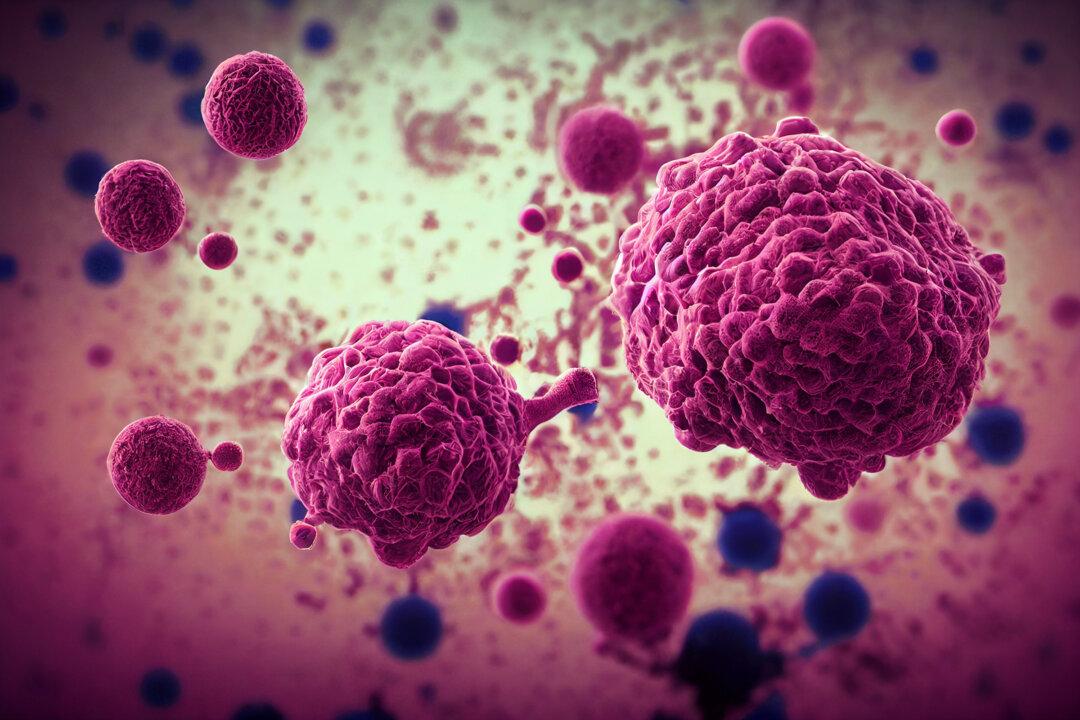

Researchers observed “statistically significant increases” in mortality rates of all cancers, especially estrogen-related cancers, following mass vaccination with the third mRNA COVID-19 vaccine, according to a recent paper.
Japan has the highest vaccination rates, and is now conducting mass vaccinations with a seventh vaccine dose. According to the researchers, after mass vaccination began in 2021, there was a noticeable increase in cancer mortalities coinciding with the first and second COVID-19 vaccine doses.
Your Health Matters
Following vaccination with a third mRNA vaccine dose in 2022, researchers observed “significant excess mortalities” for all cancers and specifically estrogen and estrogen receptor alpha (ERα)-sensitive cancers, including ovarian, leukemia, prostate, lip/oral/pharyngeal, pancreatic, and breast cancers. Notably, breast cancer had a “significant deficit mortality” in 2020 but shifted to excess mortality in 2022 following the rollout of the third vaccine dose.
Other than pancreatic cancer, which was steadily rising before the pandemic, the other five types of cancers were on a downward trend. Still, all six types of cancers exceeded predicted mortality values in 2021, 2022, or during both years.
Significant Shift in Excess Mortality
Prior to the COVID-19 pandemic, from 2010 to 2019, researchers observed decreasing mortality trends for people of all ages except those aged 90 and over. Even in 2020, researchers continued to see declining mortality rates in most age groups except for those aged 75 to 79.In 2021, trends slowly shifted toward excess mortality, which continued to increase in 2022 for almost all age groups. The study found that in 2021, there was a significant excess mortality for all causes of 2.1 percent, and 1.1 percent for all cancers. In 2022, excess all-cause mortality jumped to 9.6 percent and to 2.1 percent for all cancers.
According to the study, the number of deaths from all cancers was highest in the 80 to 84 age group, of which more than 90 percent had received a third vaccine dose. Nearly 100 percent of vaccines administered were mRNA vaccines, with Pfizer’s vaccine accounting for 78 percent and Moderna’s for 22 percent
The researchers said that although cancer mortality could be attributed to fewer cancer screenings and restricted access to health care during lockdowns, it doesn’t explain the significant increases in mortality observed for the six specific types of cancer in 2022 when restrictions on health care access to cancer screens or treatments seemed to have resolved.
“These particularly marked increases in mortality rates of these ERα-sensitive cancers may be attributable to several mechanisms of the mRNA-LNP vaccination rather than COVID-19 infection itself or reduced cancer care due to the lockdown,” they wrote.
Stephanie Seneff, a senior research scientist at the Massachusetts Institute of Technology, said the study provides compelling epidemiological evidence of a link between the rise in the prevalence of several cancers and the administration of multiple COVID-19 vaccines.
How mRNA COVID-19 Vaccines May Link to Cancer
The study’s authors suggest numerous ways that COVID-19 vaccines may contribute to the growth and progression of cancer.mRNA Vaccines and Estrogen-Sensitivity
In the study, age-adjusted mortality rates for estrogen and ERα-sensitive cancers significantly increased beyond the predicted rates, especially in 2022. Research shows the spike protein specifically binds to ERα and upregulates its transcriptional activity. This can affect how the body responds to cancer and its growth.Biodistribution of Lipid Nanoparticles
Studies show that lipid nanoparticles (LNPs) in mRNA vaccines can be widely distributed to various organs after vaccination, including the liver, spleen, adrenal glands, ovaries, and bone marrow, where they produce spike proteins that persist in the body and increase susceptibility to infection.Modification With N1-Methyl-Pseudouridine
Current COVID-19 mRNA vaccines contain pseudouridine-modified mRNA, which attenuates or alters the activity of key proteins called toll-like receptors that prevent tumors from forming and growing. Modified mRNA with N1-methyl-pseudouridine can also cause the body to produce large amounts of SARS-CoV-2 spike protein. According to the study, mRNA vaccines inhibit essential immunological pathways and impair early interferon signaling, affecting spike protein synthesis and negatively impacting immune activation.Antibody-Dependent Enhancement
Another theory put forward by the paper’s authors is that multiple vaccinations may expose an individual to viral- and vaccine-generated spike protein and enhance susceptibility to COVID-19 through antibody-dependent enhancement (ADE), immune imprinting, and immunosuppression. ADE is a phenomenon that occurs when antibodies enhance virus entry and replication in cells.Thrombogenic Effects of Spike Protein and LNPs
Research suggests that mRNA COVID-19 vaccines pose a risk of thrombosis in individuals with cancer and might explain the excess mortalities after mass vaccination.“It is reasonable to assume that additional thrombus-forming tendency noted with the mRNA-LNP vaccine could be extremely dangerous,” the authors wrote.
According to the study, viral and vaccine SARS-CoV-2 spike protein have solid electropositive potential that could attach to electronegative glycoconjugates on the surfaces of red blood cells and other cells. The spike protein can also bind to the angiotensin-converting enzyme 2 (ACE2), which activates the immune system, causing vascular wall thickening, impaired mitochondrial function, and reactive oxygen species (ROS).
Suppression of Cancer Immunosurveillance
According to the paper, COVID-19 vaccines have been shown to suppress the immune system, leading to the reactivation of latent viruses associated with cancer, such as varicella-zoster virus and human herpesvirus 8 (HHV8). HHV8 is considered an oncogenic virus that can lead to Kaposi’s sarcoma. Reactivation of the Epstein-Barr virus or human papillomavirus could lead to oropharyngeal cancers.Reverse Transcription of RNA Into DNA
Reverse RNA transcription in COVID-19 vaccines may explain increases in cancer mortality. Reverse transcription allows mRNA to be transformed into DNA that affects the human genome.Researcher Hélène Banoun, with the French Institute of Health and Medical Research, told The Epoch Times that the findings of the paper published in Cureus, are consistent with her understanding of the carcinogenic danger of gene therapy products.
“Kevin McKernan says that he has found a correlation between the adverse effects caused by certain batches of vaccine and the amount of contaminating DNA, so it’s consistent. And you also have to take into account the immunotolerance induced by modified RNAs, which will facilitate cancer,” she said.

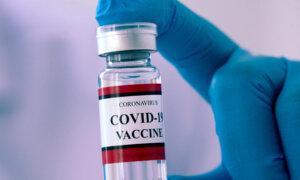
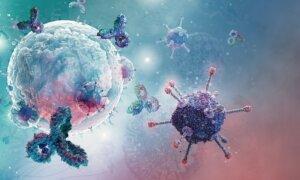

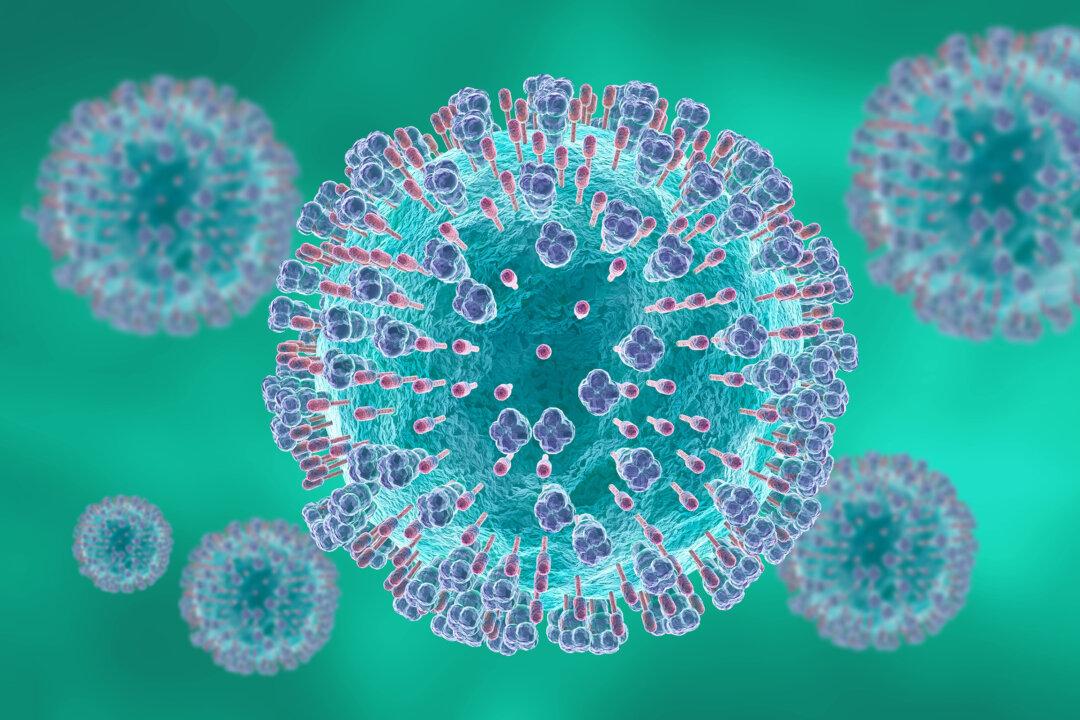
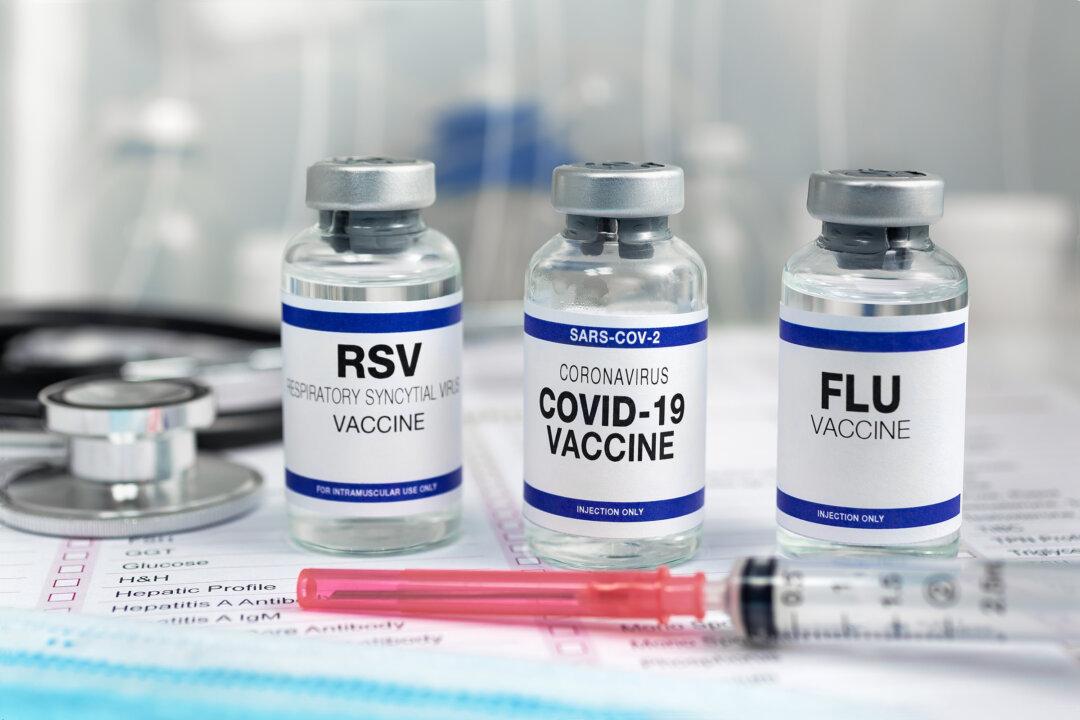
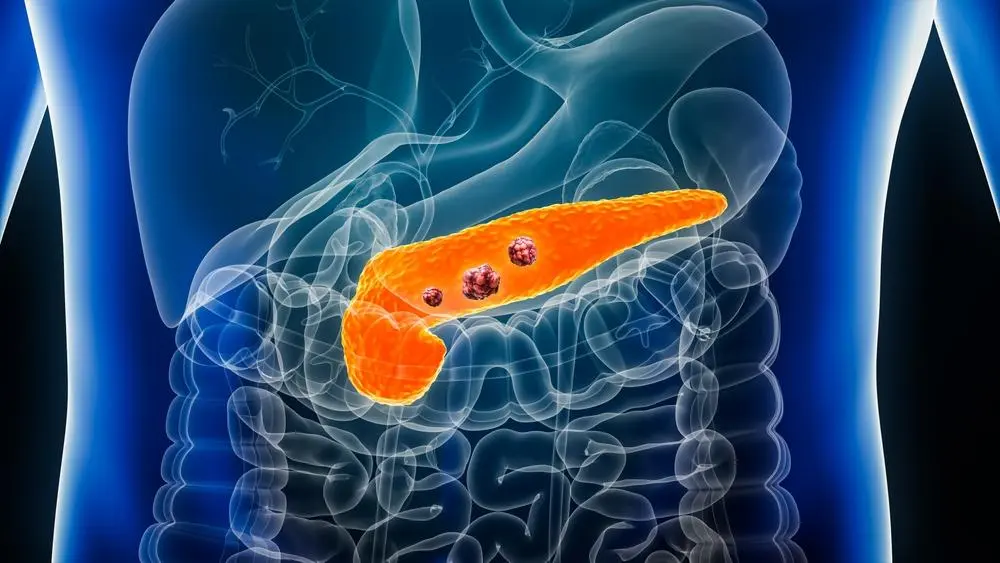


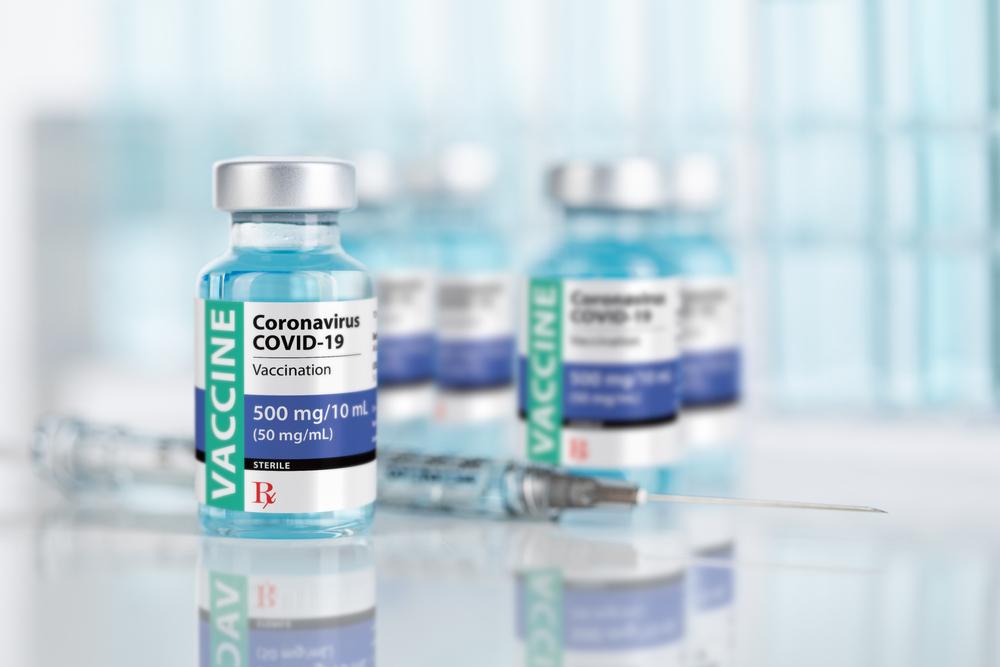

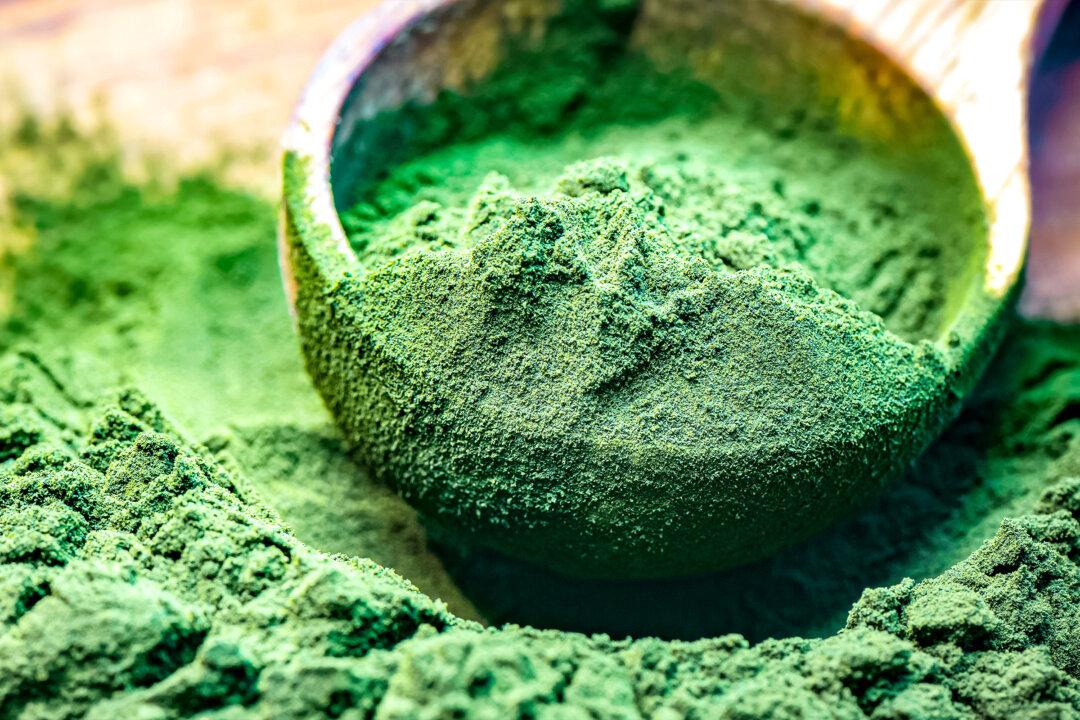
No comments:
Post a Comment